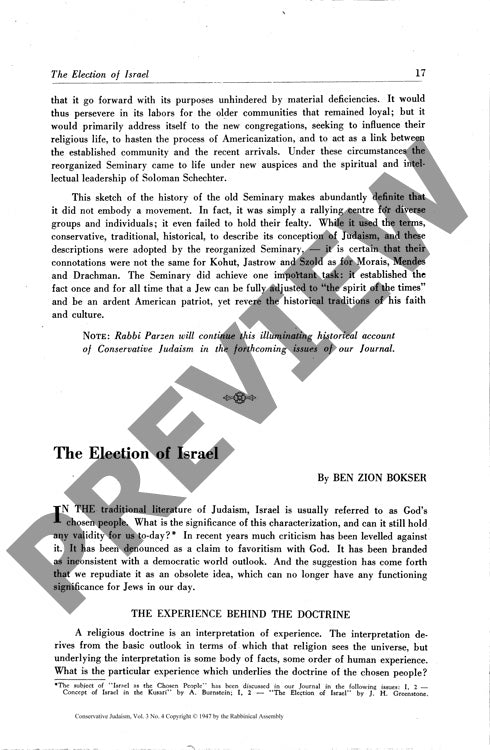The Election of Israel
Couldn't load pickup availability
Judaism's concept of chosenness - the belief that God selected Israel for a unique spiritual mission - emerges from a profound historical consciousness of moral and spiritual distinctiveness, not claims of divine favoritism. Through historical-theological analysis and comparative religious methodology, this research reveals how Jewish teachers interpreted their possession of the Torah as evidence of divine inspiration rather than national genius. The doctrine positions Israel as "a light unto the nations," tasked with spreading ethical monotheism and universal enlightenment. While critics question whether such election theology aligns with democratic principles, this analysis demonstrates that recognizing unique roles among peoples reflects divine design rather than contradicting human equality. Comparative examination of Christianity and Jewish ritual practices further establishes Judaism's universalistic orientation, distinguishing it from more particularistic religious movements. Contemporary global challenges, from rising totalitarianism to widespread moral primitivism, underscore the doctrine's enduring relevance to both Jewish identity and humanity's ethical development. The research concludes that Israel's election remains theologically coherent and practically essential for advancing world civilization's moral evolution.

More Information
-
Physical Description
-
Publication Information
Published 1947
ISBN
-
Publication Credits
Ben Bokser

